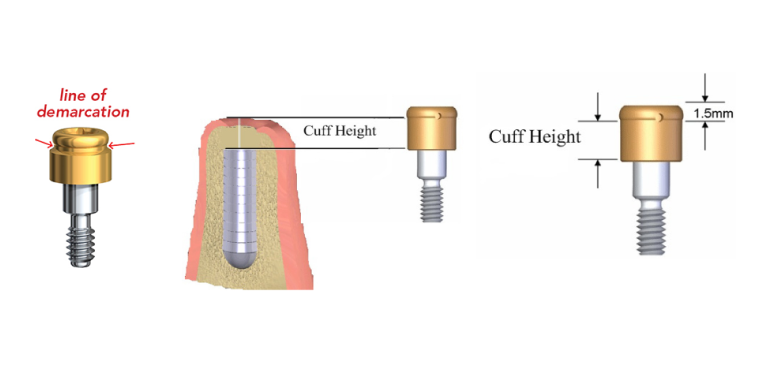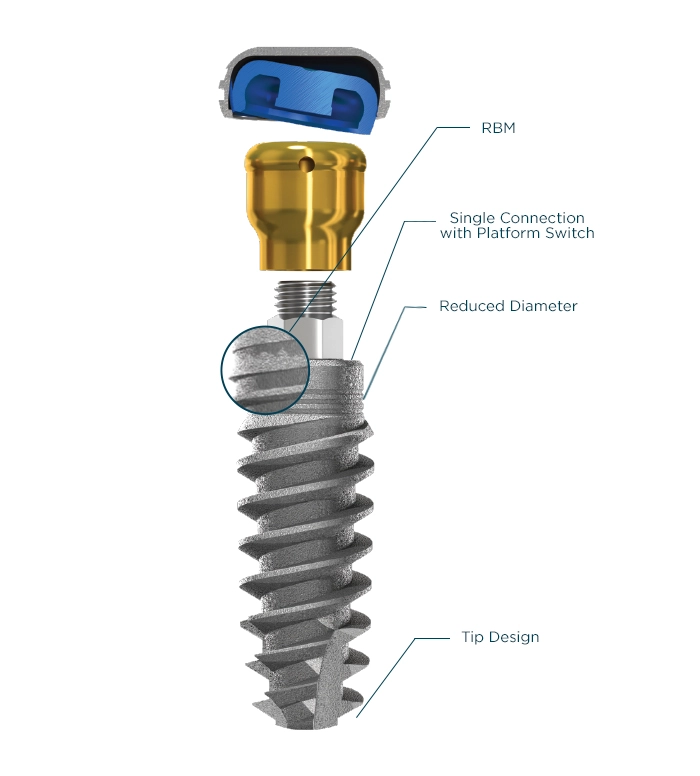Locators
Locators are small, ball-shaped attachments that are placed on dental implants and snap into corresponding attachments on dentures. This system provides a more secure and stable fit for dentures, making it easier for people to eat, speak, and smile with confidence.
What Are Locators?
There are two main types of Dental Locators:
- Ball-and-socket Locators: These locators have a ball-shaped attachment that snaps into a socket on the denture. Ball-and-socket locators are the most common type of locator.
- Magnetic Locators: These locators use magnets to attract and repel each other, keeping the denture securely in place. Magnetic locators are less common than ball-and-socket locators, but they offer some advantages, such as being easier to clean and maintain.
How do we restore Locators?
The Dental Locator procedure is a relatively simple and painless procedure that can be performed in a dental office. The procedure typically involves the following steps:
- Dental implants are placed in the jawbone.
- Healing caps are placed on the implants.
- After the implants have healed, the locator attachments are placed on the implants.
- The denture is relined to accommodate the locator attachments.
Aftercare for Dental Locators is relatively simple. Patients should brush their teeth twice a day and floss once a day. They should also see their dentist for regular checkups and cleanings.

Restore your confidence, stability, and oral health with our Locators solutions.
Video courtesy to Lassus Tandartsen.
Frequently Asked Questions
What are benefits of Dental Locators?
There are many benefits to using dental locators, including:
- Improved denture stability and retention
- Increased comfort and confidence
- Reduced risk of denture slippage and dislodgment
- Easier eating and speaking
- Improved oral health
Who is a candidate for Dental Locators?
Dental locators are a good option for people who:
- Have dentures that are loose or unstable.
- Have difficulty eating, speaking, or smiling with dentures?
- Are they self-conscious about their dentures?
Have healthy gums and bones.


